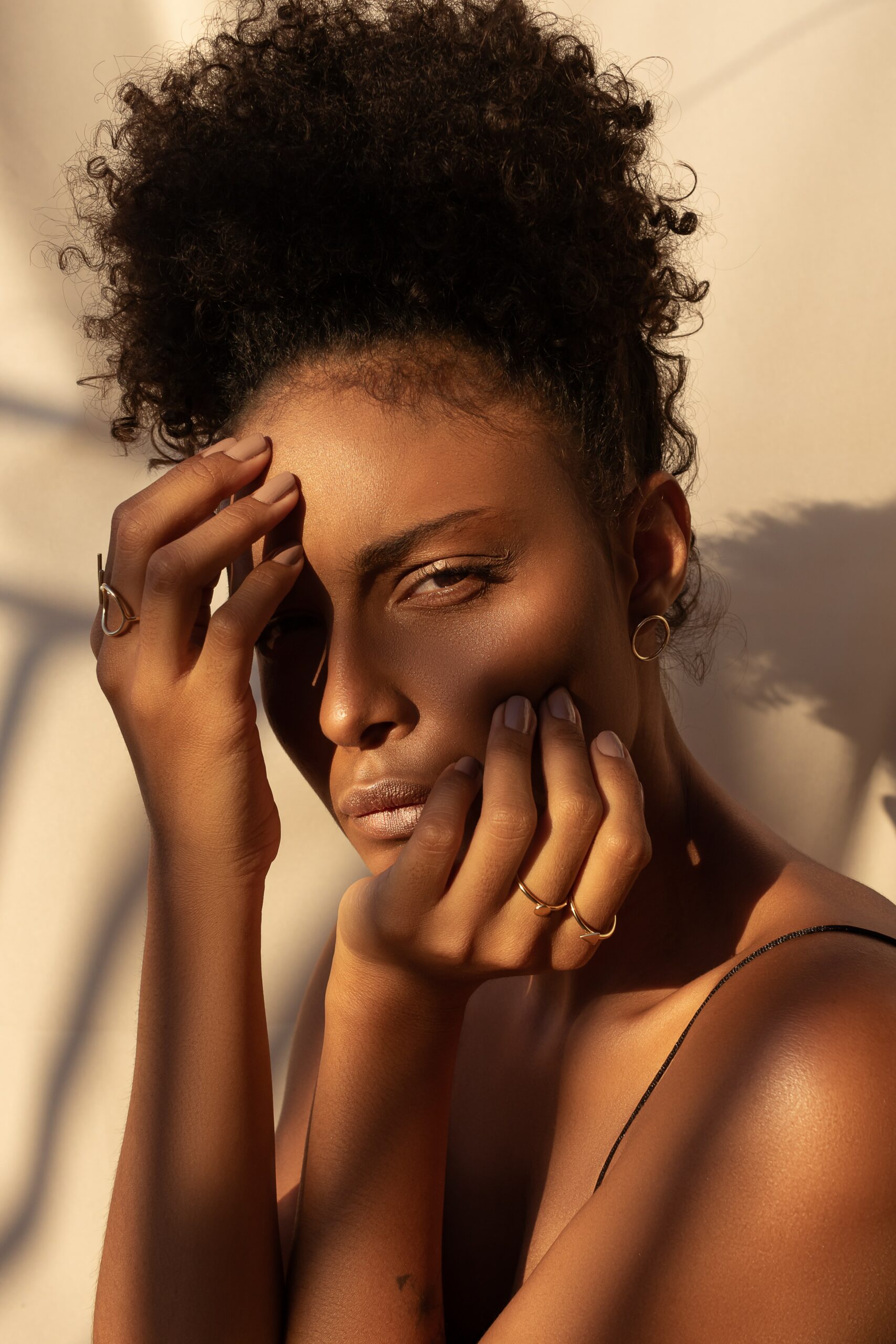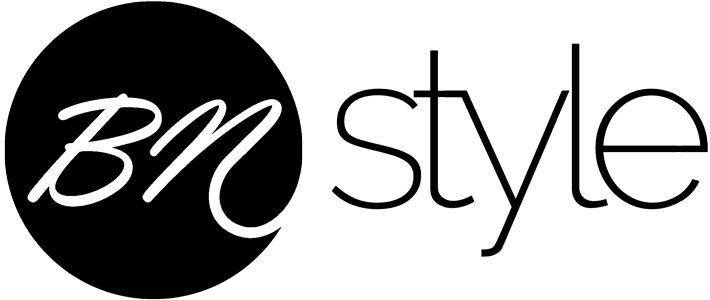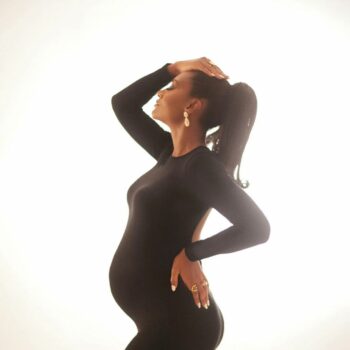
Without a doubt, everyone will experience some form of hair loss at some point. As a new mum, you may have noticed a substantial amount of hair loss a few months after your baby was born. Don’t panic! Postpartum hair loss is common.
In the aftermath of childbirth, estrogen levels drop (and return to pre-pregnancy levels), causing hair follicles to enter the resting phase. This propels excessive shedding. According to the American Academy of Dermatology Association:
Many new moms experience excessive hair shedding after pregnancy. Hair shedding usually peaks about four months after giving birth. By their child’s first birthday, most women regain their normal hair growth. If your hair does not regain its normal fullness after one year, you may want to see a dermatologist. Something else may be causing your hair to fall out. People lose hair for many reasons, and an accurate diagnosis is essential for effective treatment.
Below are tips that can help you deal with postpartum hair loss.
Skip the styling
The heat from a dryer or curling iron may make your hair appear thinner. Hold off on fancy styling and let your hair air dry until the thinning subsides. You might also lose more hair if you brush too hard, so be gentle when you brush and do not brush more than once a day.
Try natural haircare
To stop hair loss, switch from chemically processed hair serums to natural hair packs. Try applying the organic aloe vera gel to your scalp and leave it for half an hour before washing it. Do it thrice a week. Aloe vera’s uses for hair are endless, and you can use it to boost hair growth. It has been used for hair growth for centuries and is considered one of the best remedies for hair loss.
Mind Your Scalp
The first step to healthy hair growth is a healthy scalp. Choose products tailored specifically to this area, such as exfoliators that prevent product buildup and flakiness and toners that rebalance your scalp’s pH levels.
Massaging your scalp — either with a scalp brush or even just your fingertips — can also help improve circulation to the hair follicles, which creates a healthy environment for hair growth.
Eat healthily
Hair consists of water and protein. You need to keep yourself hydrated and eat adequate protein and nutrients to restore growth. Doing the exact opposite could make your hair feel dry and brittle, which will lead to breakage.
To improve hair health, include dark leafy greens (for the iron and vitamin C), sweet potatoes and carrots (for the beta carotene), eggs (for the vitamin D), and fish (for omega-3s and magnesium) to your diet.
Take your vitamins
Biotin is one of the many ingredients that can boost hair growth. Because of its wide safety margin in humans, high-dose biotin, like 2500mcg, is likely to be safe during breastfeeding. Apart from Biotin, gynaecologists recommend you continue with your prenatal vitamins after your baby is born, especially if you are breastfeeding.




